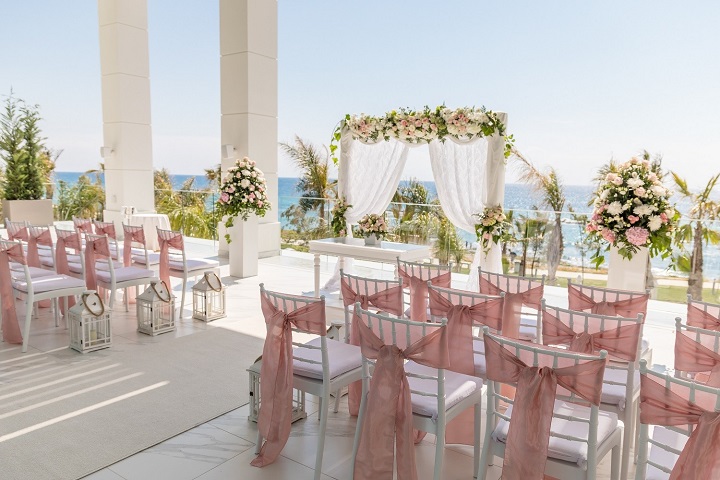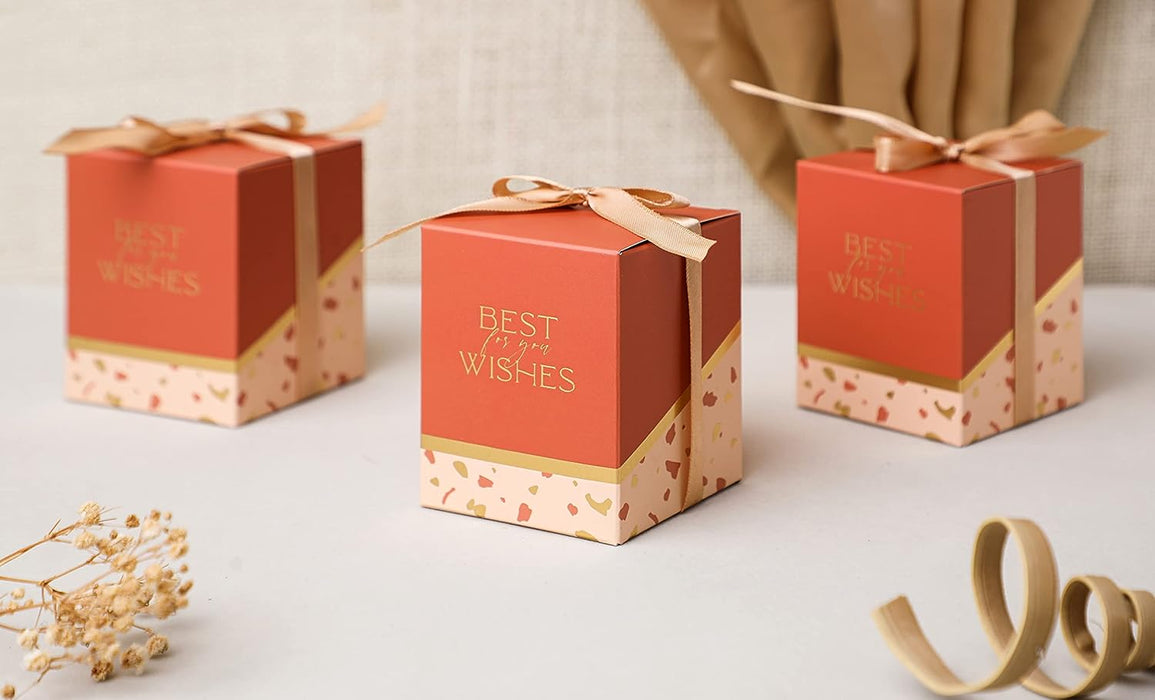Your wedding day is one of the most significant events in your life, a celebration of love and commitment that you’ll cherish forever. One of the most critical decisions you’ll make is selecting the perfect venue. This choice will set the tone for your entire wedding and influence the atmosphere, logistics, and overall experience of the day. Here’s a comprehensive guide on what to consider when choosing your ideal wedding venue.
1. Define Your Vision
Before you even begin the search for a venue, sit down with your partner and define your vision for the wedding. Are you dreaming of a grand, traditional affair or a casual, intimate gathering? Do you envision a lavish ballroom or a rustic barn? Your vision will guide your venue search and help narrow down your options. Think about the style, theme, and atmosphere you want for your big day. This clarity will ensure you stay focused and avoid venues that don’t align with your dream.
### 2. **Determine Your Budget**
Your budget is a crucial factor in choosing a venue. Wedding costs can add up quickly, so it’s essential to have a clear understanding of how much you’re willing to spend on the venue alone. Remember that the venue’s cost often includes more than just the rental fee; there may be additional charges for catering, decorations, or overtime. Factor these potential expenses into your budget to avoid surprises. Make sure to communicate your budget to venue representatives to ensure you’re considering options within your financial range.
### 3. **Guest List Size**
The size of your guest list will significantly impact your venue choice. You’ll need to select a space that comfortably accommodates all your guests while allowing for movement and interaction. Venues typically provide a maximum capacity figure, but consider the layout and seating arrangements to ensure everyone will have a great view and feel comfortable. A venue that’s too small can make the space feel cramped, while one that’s too large may make your event feel sparse.
### 4. **Location and Accessibility**
Consider the location of the venue in relation to where your guests will be coming from. A venue that is centrally located or easy to access can be a significant advantage. Think about parking availability, transportation options, and accommodation for out-of-town guests. If you’re having a destination wedding, ensure there are nearby lodging options and that travel arrangements are convenient for your guests. A well-located venue can enhance the overall experience for everyone involved.
### 5. **Venue Style and Ambiance**
The style and ambiance of the venue should complement your wedding theme and personal taste. Whether you’re looking for a classic ballroom, a chic rooftop, a charming vineyard, or a serene beach setting, the venue should align with your vision. Pay attention to the venue’s decor, architecture, and overall vibe. Some venues come with built-in decorations, while others may offer a blank canvas that you can personalize to your liking.
### 6. **Availability**
Popular wedding venues can book up quickly, especially during peak wedding season. Once you have a few potential venues in mind, check their availability for your preferred date. It’s often helpful to have a few date options to increase your chances of securing your desired venue. Booking early can also give you more flexibility with dates and may offer additional perks or discounts.
### 7. **Catering and Beverage Options**
Food and drink are central to the wedding experience, so consider the catering options offered by the venue. Some venues have in-house catering services, while others may require you to bring in your own caterer. If the venue offers catering, review the menu options and taste test if possible. Also, inquire about beverage packages, including alcohol and non-alcoholic options. If you’re allowed to bring your own caterer, ensure that they are familiar with the venue’s kitchen facilities and regulations.
### 8. **Facilities and Services**
Assess the facilities and services provided by the venue. Does it offer tables, chairs, linens, and dinnerware, or will you need to rent these items separately? Check for on-site amenities such as restrooms, dressing rooms, and audio-visual equipment. Some venues also provide additional services like event planning assistance, setup and cleanup, or coordination of vendors. Understanding what’s included and what you’ll need to arrange yourself can help you plan more effectively.
### 9. **Flexibility and Restrictions**
Every venue has its own set of rules and restrictions. Some venues may have limitations on noise levels, curfews, or the use of certain decorations. Review the venue’s policies to ensure they align with your wedding plans. It’s also worth asking about the venue’s flexibility in case of unexpected changes or adjustments. A venue that is accommodating and willing to work with you can make the planning process much smoother.
### 10. **Visit and Evaluate**
Once you’ve narrowed down your options, schedule site visits to experience the venues in person. This will give you a better sense of the space and help you envision your wedding day. Pay attention to the venue’s condition, cleanliness, and overall atmosphere. Ask questions, take notes, and trust your instincts. Visiting multiple venues can also help you compare options and make a more informed decision.
### **Conclusion**
Choosing the perfect wedding venue involves careful consideration of your vision, budget, guest list, and logistical needs. By defining your priorities and evaluating each venue against your criteria, you can find a location that perfectly complements your dream wedding. Remember, the right venue will not only enhance your celebration but also create lasting memories for you and your guests. Happy venue hunting!





